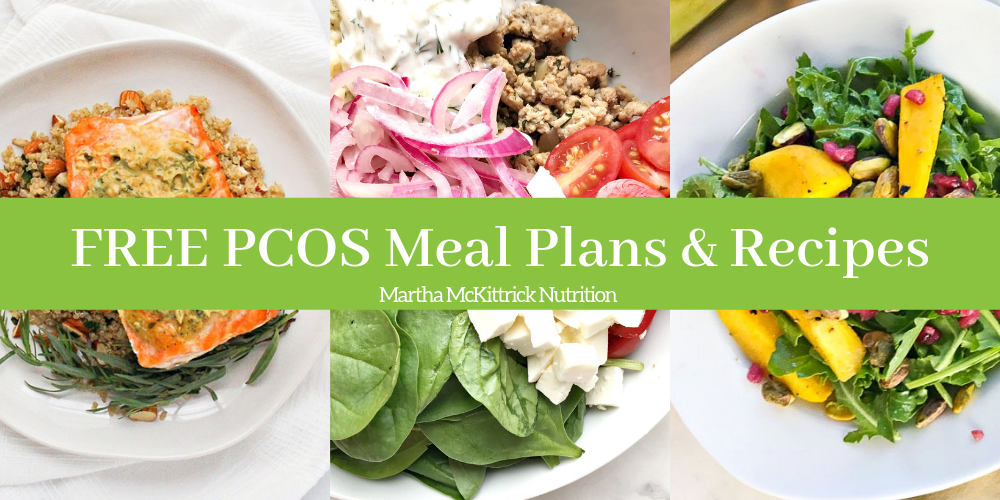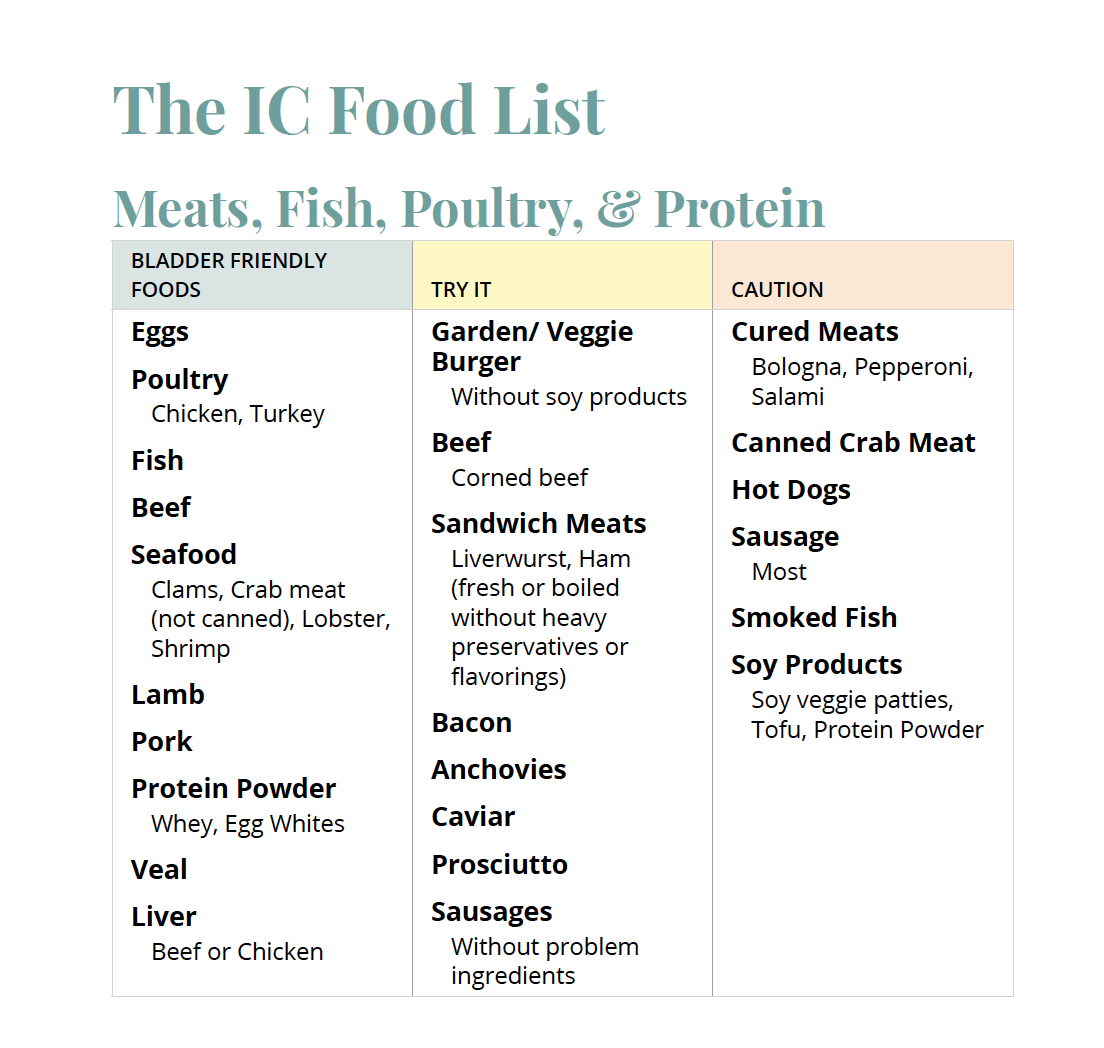
Introduction:
Breastfeeding is a beautiful and nourishing experience for both mother and baby. Proper nutrition during this period is essential for ensuring the well-being of both. In this article, we’ll delve into valuable tips for optimizing breastfeeding nutrition.
Balanced Diet for Nutrient-Rich Milk:
A balanced diet is the foundation of optimal breastfeeding nutrition. Ensure your meals include a variety of fruits, vegetables, whole grains, lean proteins, and dairy or plant-based alternatives. This diverse array of nutrients contributes to the quality of breast milk and supports your own energy levels.
Adequate Caloric Intake:
Breastfeeding mothers often require additional calories to meet the energy demands of lactation. Aim for a modest increase in caloric intake to support milk production, typically around 300-500 extra calories per day. Focus on nutrient-dense foods to meet these requirements healthily.
Hydration is Key:
Staying well-hydrated is crucial for breastfeeding success. Adequate water intake supports milk production and helps prevent dehydration, which can impact both your energy levels and the composition of breast milk. Make a habit of drinking water throughout the day, especially during nursing sessions.
Include Omega-3 Fatty Acids:
Omega-3 fatty acids, particularly DHA, play a vital role in infant brain development. Include fatty fish like salmon, chia seeds, and walnuts in your diet to ensure a sufficient supply of these essential fats. Alternatively, consider omega-3 supplements after consulting with your healthcare provider.
Calcium for Bone Health:
Breastfeeding mothers should prioritize calcium intake for their bone health. Include dairy products, fortified plant-based milk, and leafy greens in your diet. Adequate calcium supports your skeletal health and ensures a steady supply of this essential mineral to your baby through breast milk.
Maintain Protein Intake:
Protein is crucial for both muscle repair and the production of breast milk. Incorporate lean meats, poultry, fish, eggs, legumes, and dairy or plant-based protein sources into your meals. A protein-rich diet helps you recover from childbirth and provides essential nutrients for your baby.
Limit Caffeine and Alcohol:
While moderate caffeine intake is generally considered safe during breastfeeding, excessive amounts should be avoided. Limit your caffeine intake and be mindful of its potential impact on your baby’s sleep patterns. Additionally, it’s advisable to avoid alcohol or consume it in moderation, allowing time for it to clear from your system before breastfeeding.
Vitamins and Supplements:
Maintaining adequate levels of vitamins and minerals is crucial during breastfeeding. Consider taking a prenatal vitamin or a supplement that includes vitamin D, calcium, and iron. Consult with your healthcare provider to determine the most suitable supplement regimen for your specific needs.
Pay Attention to Personal Sensitivities:
Certain foods may cause sensitivities in breastfeeding infants. Pay attention to your baby’s reactions after you eat certain foods. If you notice any signs of discomfort or sensitivity, consider eliminating the suspected food from your diet and consult with a healthcare professional.
Consult with a Healthcare Professional:
Every breastfeeding journey is unique, and individual nutritional needs may vary. Consulting with a healthcare professional or a registered dietitian is advisable. They can provide personalized advice based on your health, dietary preferences, and any specific concerns you may have.
For more detailed tips on optimizing breastfeeding nutrition, you can explore additional resources here.




